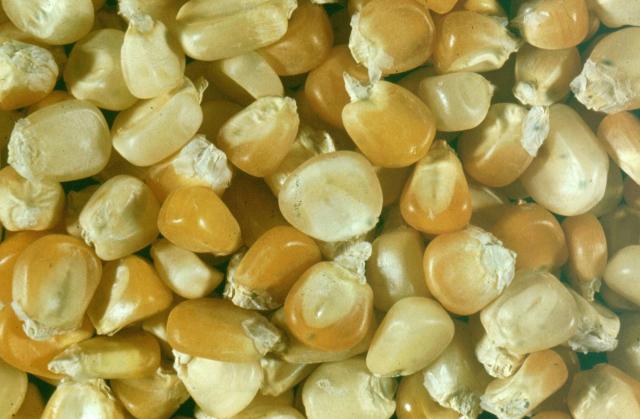
Government should consult relevant stakeholders when formulating maize prices to avoid boycotts which are retrogressive to the economy, an economist has said.
BY TARISAI MANDIZHA
The remarks come ahead of a ruling on a Constitutional Court application by the Grain Millers Association of Zimbabwe seeking to nullify the recently gazetted maize producer prices.
Government gazetted the prices through the Agricultural Marketing Authority (Minimum Grain Producer Prices) Regulations 2014, also known as SI 122 of 2014 setting the price of maize at US$390 per tonne.
GMAZ, along with the Grain and Oil Seed Traders’ Association, last week took government to the Constitutional Court seeking to invalidate its decision, arguing that it was unconstitutional.
The new Statutory Instrument (SI) stipulates that it was mandatory that grain in the country be procured at a floor price of US$390 per tonne. Any prices lower that that would be illegal.
Zimbabwe Farmers Union economist Prince Kuipa said the standoff between government and the GMAZ emanated from government’s failure to consult the association before gazetting the price of maize. “We look at the value chain. The government should have brought all players to the table to agree on the minimum price.
“It could have been anything but we are having others complaining that it came from nowhere and they were not consulted. In future, if farmers and other players are consulted, they won’t be any complaining,” Kuipa said.
- Chamisa under fire over US$120K donation
- Mavhunga puts DeMbare into Chibuku quarterfinals
- Pension funds bet on Cabora Bassa oilfields
- Councils defy govt fire tender directive
Keep Reading
He said on the other hand the standoff between government and the GMAZ was good for farmers because it gave them better prices for their crop.
“This is good for farmers because the price that GMB announces is the floor price which means that all other prices are at that level or higher because there are no controls [on prices higher than the gazetted one].
“Out there farmers were being taken for granted where other buyers were buying at a low price,” Kuipa said.
Kuipa said the development could however have a negative impact on consumers as they were likely to be affected by an increase in the price of mealie-meal and other maize products.
“This means that the prices of products such as milk, eggs, chicken and stock feeds may also go up, affecting consumers,” said Kuipa.











